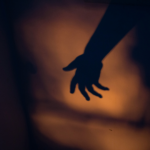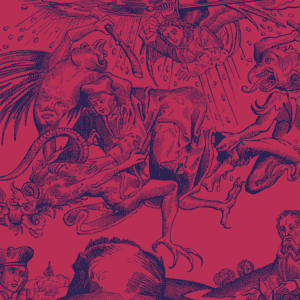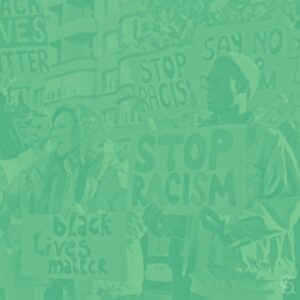 “A vote is a kind of prayer for the world we desire for ourselves and our children.”
“A vote is a kind of prayer for the world we desire for ourselves and our children.”
The line has stuck with me since I heard Senator Warnock speak at Georgetown’s Faith + Justice Center. And it keeps coming to mind now in the days before the 2024 election. What am I praying for with this vote?
My vote for President and other offices, of course, reflects my values, the policies I want to see passed and my vision for our community and our country. But my vote also reflects my prayers for our country as we journey through an unknown election season. I worry about the toll a long and ambiguous outcome would take on our social fabric. I long to see healing for the deep divisions exposed by the presidential campaigns—divisions between those in cities and in rural areas, those who have “won” in this economy and those being left behind, those seeking refuge and those who refuse. There are ugly gaps between people along gender lines and along levels of education. And I wonder what the path through this election season, from election day until a result is declared, will reveal about our country. Who are we and what have we become?
In 1994, South Africa held its first free election post-apartheid. For the first time in the country’s history, citizens of all races were allowed to vote. The days leading up to the election were marked by turmoil, but the four days of voting were mostly peaceful. The images of people lined up and waiting for hours to cast their first vote was amazing. Some lines extended a kilometer long! The journalists declared it a miracle that the election happened at all. And they weren’t entirely wrong. For many people, that election (and the work that led up to it) was an answer to years and even decades of prayer.
Our God is the same God who responded to the prayers for that election in South Africa in 1994, so I’m praying for God’s hand on our process now. I’m praying that our communities would have what they need to navigate this election—and its outcome—in ways that will not tear us apart or crush the most vulnerable.
My prayer is that Christians would seek the good of the cities and villages and towns in which we have been placed (Jeremiah 29:7). That we would be people who love God and love our neighbor by looking out for our neighbors (Mark 12:30-31). And my prayer is that we would defend the vulnerable, because we follow a God who is the defender of the vulnerable (Psalms 82:3-4, Psalm 18:1-2). I pray for protection for poll workers and election officials.
These are all good prayers, consistent with our calling as Christians. But they are not comprehensive. We are also called to love the people who seem to be our enemies (Matthew 5:44), and, honestly, I’m having a hard time doing that. This election season has taught me that I find it difficult to pray for people who seem aggressive toward the vulnerable people around me. But God is God and I am not, so in addition to praying for the results of this election, and in addition to praying for the effects of this election, I’m also asking God to grant me grace. To help me to be able to pray for the people I don’t want to pray for. And I trust Philippians 1:6 when it says that the one who has started a good work in me, in us and in the world will bring it to fruition. Someday.
And so with these prayers, I vote. God have mercy on our country.
In Christ,
Nikki Toyama-Szeto
Executive Director
Christians for Social Action
 Nikki Toyama-Szeto is the Executive Director of Christians for Social Action, where she helps Christians have a faith-fueled engagement with the world’s most challenging issues. Her work has been profiled on NPR’s On Point, Outreach Magazine’s Leadership Issue (Sept. 2017, Cover), Religion and Politics (Aug. 2018), Christianity Today’s “Who’s Next?” and Rejuvenate Magazine’s “40 under 40.” Before coming to CSA in 2017, she served in leadership positions at International Justice Mission, the Urbana Conference and InterVarsity Christian Fellowship.
Nikki Toyama-Szeto is the Executive Director of Christians for Social Action, where she helps Christians have a faith-fueled engagement with the world’s most challenging issues. Her work has been profiled on NPR’s On Point, Outreach Magazine’s Leadership Issue (Sept. 2017, Cover), Religion and Politics (Aug. 2018), Christianity Today’s “Who’s Next?” and Rejuvenate Magazine’s “40 under 40.” Before coming to CSA in 2017, she served in leadership positions at International Justice Mission, the Urbana Conference and InterVarsity Christian Fellowship.


